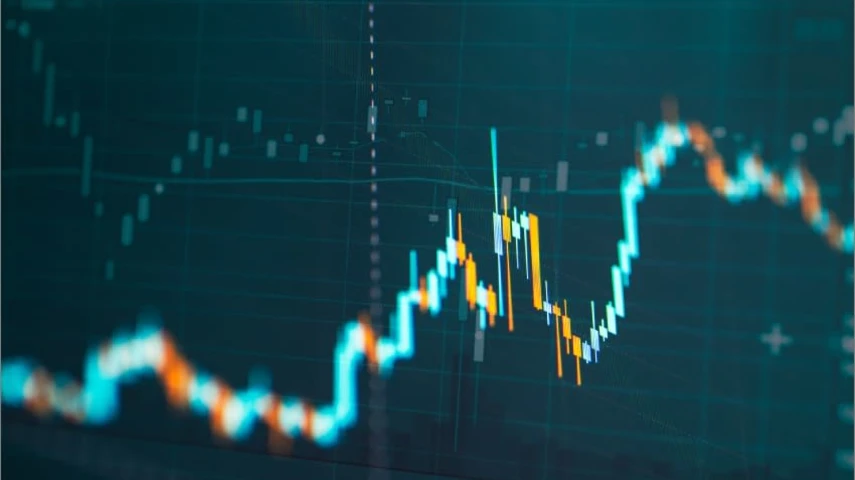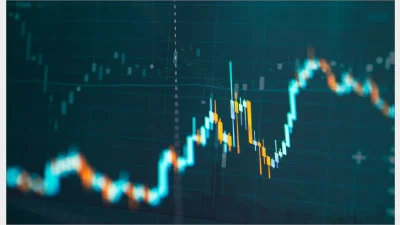ART says private assets help buffer members amid market volatility



Australian Retirement Trust (ART) is leaning on its private asset allocation to help shield members from ongoing market volatility, as its chief economist stresses the importance of long-term thinking and diversification.
Speaking in a recent member-focused podcast, ART chief economist Brian Parker acknowledged that recent market movements have been unsettling, particularly for members nearing retirement.
“I think it’s worth reiterating that we can’t design portfolios based on our ability or anybody’s ability to forecast how the world might evolve in the short term, either in an economic sense, a market sense, or how geopolitical developments are going to evolve in the short term, because no-one knows,” Parker said.
“All we can really do is make sure that we’re building portfolios that are very, very focused on the longer term, that are very well-diversified across industries, regions, managers, asset classes, et cetera.”
Parker emphasised that volatility is “part and parcel of any investment journey” and should also be viewed as a source of opportunity.
“We don’t know when markets will recover. We don’t know when things will settle down,” Parker said. “But at some point, the economy, business and markets adjust to a new reality and move on, and we need to be prepared for that.”
ART currently holds around 30 per cent of its portfolio in private assets, which Parker said provide a useful buffer during periods of instability.
“Having roughly 30 per cent of the fund invested in a range of private assets which by their very nature are just not as exposed to what’s happening in share markets,” he said. “A lot of these assets deliver returns that are not really dependent on those markets and, in some cases, not even that dependent on the economy per se.”
Citing the fund’s investments in aged care, Parker pointed to reliable income streams that are largely unaffected by short-term market movements.
“In Australia, we either have under construction or in operation about 13 aged care centres. We have another batch of aged care facilities in the UK,” Parker said.
“Those residents are going to keep on paying their rent regardless of what happens in the stock market.”
Rather than retreating from risk assets, Parker said ART has been actively looking for opportunities to invest.
“Often when we see periods like this where share markets are down, our first thought is, ‘Where’s the opportunity and where can we put money to work?’” he said. “We’ve not been selling equities into this. If anything, we’ve been looking for opportunities to buy,” he said.
Referencing a phrase used by ART’s head of advice Anne Fuchs, Parker likened the current environment to a sale: “If shares are on sale, it’s our job to look for those sorts of bargains, and that’s what we do.
“That’s what we get paid to do, to take advantage of this kind of volatility.”
Earlier this week, UniSuper’s chief investment officer John Pearce said the $149 billion fund will be “questioning” its commitment to the US market.
Speaking on the fund’s podcast, the CIO said: “Medium-term, I think there are big asset allocation decisions to be made.”
“In particular, like every other fund in Australia, we have quite a large exposure to US assets, and that’s been a very good place to be investing over the last couple of years, particularly given the US tech story. We’ll be questioning that commitment,” Pearce shared.
Pearce is not the only one questioning US exceptionalism, with AMP’s Shane Oliver declaring on Monday that “US exceptionalism” may be drawing to a close.
In a brief chat to Super Review on Wednesday, Oliver said Trump’s latest announcement regarding an additional 50 per cent tariff on China – which took the total to 104 per cent – “keeps the mayhem going”.
“And brings it closer to home with more risks for Australia which partly explains why the A$ fell to US$0.5950 this morning [Wednesday morning].”
The chief economist added: “After the US share market fell 17 per cent up to Friday amid China’s retaliation, I had already concluded in my note on Monday that shares are likely to keep falling further. The latest news doesn’t change that.
“In the last 24 hours, we have seen the signs of a backdown from Trump with the negotiations on the one hand, which is good, and an escalation with China, which is bad … all of which just leaves investors uncertain and confused.
“So still way too early to say that share have bottomed.”
On Wednesday, Trump’s sweeping reciprocal tariffs on dozens of countries, including China, took effect, wiping tens of billions of dollars off the ASX.
Recommended for you
AustralianSuper is poised to cement its leadership in the superannuation landscape over the next five years, with fresh research forecasting a sharp shift in the sector’s power dynamics.
The Reserve Bank of Australia (RBA) has warned that significant liquidity pressures could arise in the superannuation sector if multiple risks materialise at once, potentially amplifying shocks in the financial system.
Governor Michele Bullock took a more hawkish stance on Tuesday, raising concerns over Donald Trump’s escalating tariffs, which sent economists in different directions with their predictions.
Equity Trustees has announced the appointment of Jocelyn Furlan to the Superannuation Limited (ETSL) and HTFS Nominees Pty Ltd (HTFS) boards, which have oversight of one of the companies’ fastest growing trustee services.












